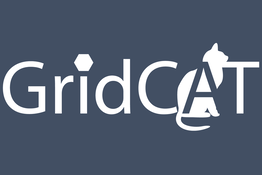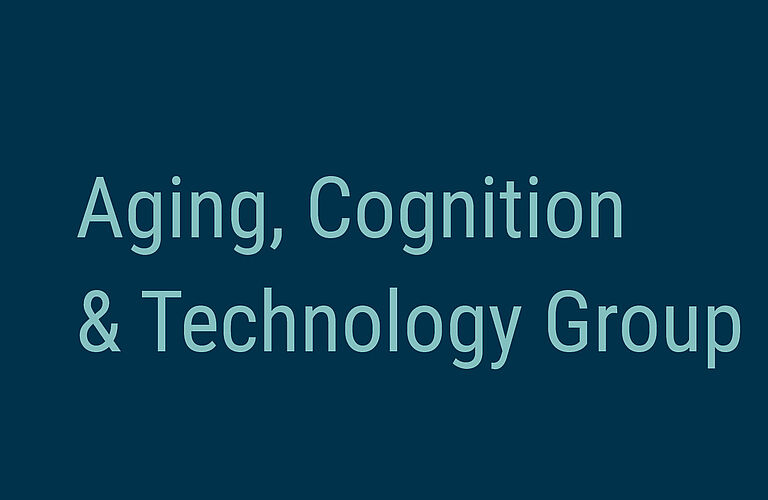The Grid Code Analysis Toolbox (GridCAT)

Human fMRI studies examining the putative firing of grid cells (i.e., the grid code) suggest that this cellular mechanism supports not only spatial navigation, but also more abstract cognitive processes. Despite increased interest in this research, there remain relatively few human grid code studies, perhaps due to the complex analysis methods, which are not included in standard fMRI analysis packages. To overcome this, we have developed the Matlab-based open-source Grid Code Analysis Toolbox (GridCAT), which performs all analyses, from the estimation and fitting of the grid code in the general linear model, to the generation of grid code metrics and plots. The GridCAT, therefore, opens up this cutting-edge research area by allowing users to analyze data by means of a simple and user-friendly graphical user interface. Researchers confident with programming can edit the open-source code and use example scripts accompanying the GridCAT to implement their own analysis pipelines. Moreover, an example dataset is provided together with a detailed manual, so that users can explore the GridCAT’s functionality. By making the GridCAT available to the wider neuroscience community, we believe that it will prove invaluable in elucidating the role of grid codes in higher-order cognitive processes.
The GridCAT is openly available at the Neuroimaging Informatics Tools and Resources Clearinghouse (NITRC). Please download the GridCAT from: http://www.nitrc.org/projects/gridcat
More information about the GridCAT and a demonstration of its key features, together with a detailed review of grid code analysis methods, can be found in the following publication:
Stangl, M.*, Shine, J.*, & Wolbers, T. (2017). The GridCAT: A toolbox for automated analysis of human grid cell codes in fMRI. Frontiers in Neuroinformatics, 11:47. https://doi.org/10.3389/fninf.2017.00047
[* equal contribution]

